It’s 100 years since BBC Aberdeen launched in the heart of the city – but a century on, Aberdeen is still at the heart of the BBC.
Today, it’s a modest doorway passed by thousands of Aberdonians every day without a second thought.
But a century ago, the airwaves crackled into life from a little studio at 17 Belmont Street.
There was great anticipation as these electric dreams of wireless broadcasting came to fruition in Aberdeen.
The broadcast was overseen personally by director general John Reith, the founding father of the BBC, who was born in Stonehaven, but considered himself an Aberdonian.
Reith’s mission still forms the cornerstones of the BBC today and the legacy of his broadcasting principles still run deep in the corporation’s output.
A century on, this seminal moment for Aberdeen – and broadcasting – has been commemorated with the unveiling of a plaque.
Scotland’s broadcasting pioneers
But it was thanks in part to another Aberdonian, Sir William Noble, that broadcasting was established in Britain.
When the BBC opened a station in Aberdeen in October 1923, Noble penned an article for the Press and Journal to mark the exciting occasion.
Aberdeen-born Noble devoted his life to electrical communication.
He had been a lecturer in electricity and telegraphy at Gordon’s College in Aberdeen and was involved in British broadcasting from its infancy, going on to become chairman of the Broadcasting Committee.
In the P&J report, Noble spoke of the “outcry” in London that Britain was being left behind when broadcasting launched in America.
But he summed it up as only a Scot would, and said Britain was “canny”, not slow, when it came to dipping its toe into the broadcasting phenomenon.
Noble said: “As a matter of fact, we were not being left behind. We were quietly watching America go mad over the new craze.
“At the time, experiments were being conducted in Britain giving quite as good results as anything obtained in America.”
Many electrical companies in Britain were keen to ride the wave of radio broadcasting, but Noble explained there could only be one broadcasting authority.
He said “hopeless confusion” ensued Stateside through unlimited broadcasting stations cluttering up the airwaves.
He added: “If several stations were broadcasting in the same area, the result would obviously be chaotic, as had been found in America.”
Foundation of BBC in 1922
Instead, by exercising patience, when the British Broadcasting Company (later British Broadcasting Corporation) launched it was a huge success.
Formed independent of the government, the BBC was established with a capital of £100,000 in £1 shares, guaranteed by six large electrical companies in Britain.
A broadcast licence could also be purchased by the public for 10 shillings from the Post Office.
But it was not all plain sailing. Quoting Scots poet Robbie Burns – “the best laid schemes o’ mice and men gang aft agley” – Noble said the BBC was quickly confronted with issues.
Within weeks, issues arose with licence evasion, and people building homemade wireless sets which interfered with broadcasts.
BBC Aberdeen crackled into life in 1923
But when the BBC launched in Aberdeen, it was with great pomp and circumstance – and excitement.
It was also with a degree of relief as gale-force winds disconnected vital trunk telephone wires.
These days, it’s an unassuming little doorway at 17 Belmont Street, but on October 10 1923, it’s where history was made in Aberdeen.
It belonged to Aberdeen Electrical Engineering, with a small studio established at the back.
A transmitter was located on the premises of the Aberdeen Steam Laundry Company in Claremont Street.
Aberdeen was one of the first new stations to go on air, and at 9pm from the heart of the city, the opening ceremony of Aberdeen Station 2BD was aired across Britain.
Under the watchful eye of Reith, at 9pm, the Marquis of Aberdeen officially launched the broadcast, followed by a performance from the 2nd Gordon Highlanders’ band.
Mr Noble said: “People with cheap crystal sets in London will have the privilege of listening in to the wit and wisdom and the musical talent of the north, to say nothing of the skirl of the bagpipes, the sound of which will be welcome to many Scots throughout England.”
Aberdonian was founding father of BBC
With two shrewd Aberdonians at the heart of the BBC, it perhaps explained the corporation’s keenness to establish a station in Aberdeen.
Noble explained: “I may say that there is a strong Scottish element in both directorate and staff, so there need be no fear that we shall be out of touch with Scottish sentiment.
“Our general manager Mr JCW Reith, comes of a family well-known and respected in Aberdeen and the county.”
Mr Reith, the first BBC director general, was the son of a free church minister.
An imposing man who stood at 6ft 6in, he served in the Scottish Rifles during the First World War, but was nearly killed when a sniper’s bullet passed through his left cheek, leaving him scarred.
His war service then took him to America, before he transferred to the Royal Engineers.
Reith returned to Glasgow after the war to manage an engineering company. He then moved to London where he worked as general manager of a broadcasting company.
Cornerstones of BBC remain today
Reith’s autocratic style of management went down in BBC history. He clashed furiously with the Conservative government when he wanted to give trade unions a voice during the general strike in 1926.
He bowed to political pressure, but later admitted regretting the decision.
The following year, Reith pushed for the BBC to become a public-owned entity.
And he set the cornerstones for the BBC which still exist today: to inform, educate and entertain.
Reith’s religious upbringing influenced the Sunday schedule. Broadcasting would not begin until 12.30pm so people could attend church in the morning.
He also personally oversaw the historic abdication broadcast from King Edward VIII in 1936.
Celebrating centenary of BBC in Aberdeen
This was just one of many significant stories of the 20th century captured and told by the BBC through its radio – and later television – output.
Two broadcasters well-versed in breaking stories – Jane Franchi and Rebecca Curran – today unveiled a plaque to mark a century of broadcasting in a city they both know well.
A household name, Jane made her first report for the BBC Scotland in 1979. And Aberdonian Rebecca is a familiar face on Reporting Scotland.
Jane said it was a “privilege” to be part of broadcasting history and the Aberdeen team. She added: “In my many years at BBC Aberdeen, I have covered global news stories on our doorstep.
“These included harrowing tragedies – Piper Alpha, the Chinook crash in Shetland and many fishing boat losses. I couldn’t have done that without the help and support of the BBC Aberdeen family of professionals.”
The sentiments were echoed by Rebecca, a proud Aberdonian who grew up with BBC Scotland.
She said: “I’ve always been so proud to work for the BBC. But I’m particularly proud to be part of the news team in Aberdeen.
“It’s such a joy being able to meet and spend time with the people of the north-east, and to reflect their lives across our output.”
From small beginnings to some of our best-loved programmes
From small beginnings, the Aberdeen base has gone on to produce some of the BBC’s best-loved programmes.
Founder Reith was always very keen to provide quality entertainment alongside news broadcasts.
It’s therefore fitting that BBC Aberdeen can lay claim to two of BBC Scotland’s longest-running titles, Landward and Beechgrove Garden.
Steve Carson, director BBC Scotland, said: “100 years of programming production from Aberdeen is a huge achievement. Our presence in this city and the work we do here remains just as important today as it did a century ago.”
If you enjoyed this, you might like:
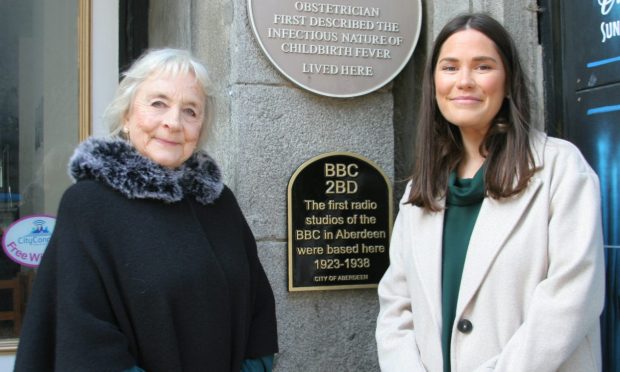
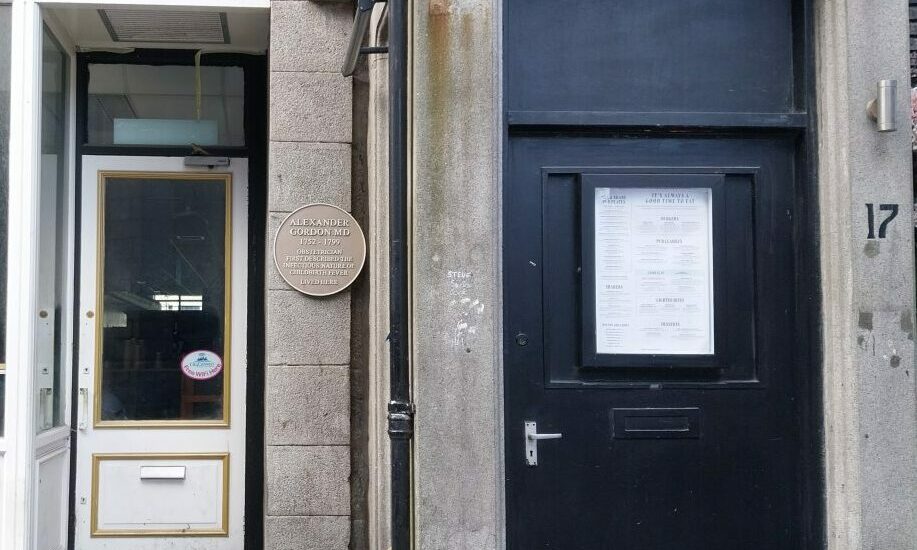


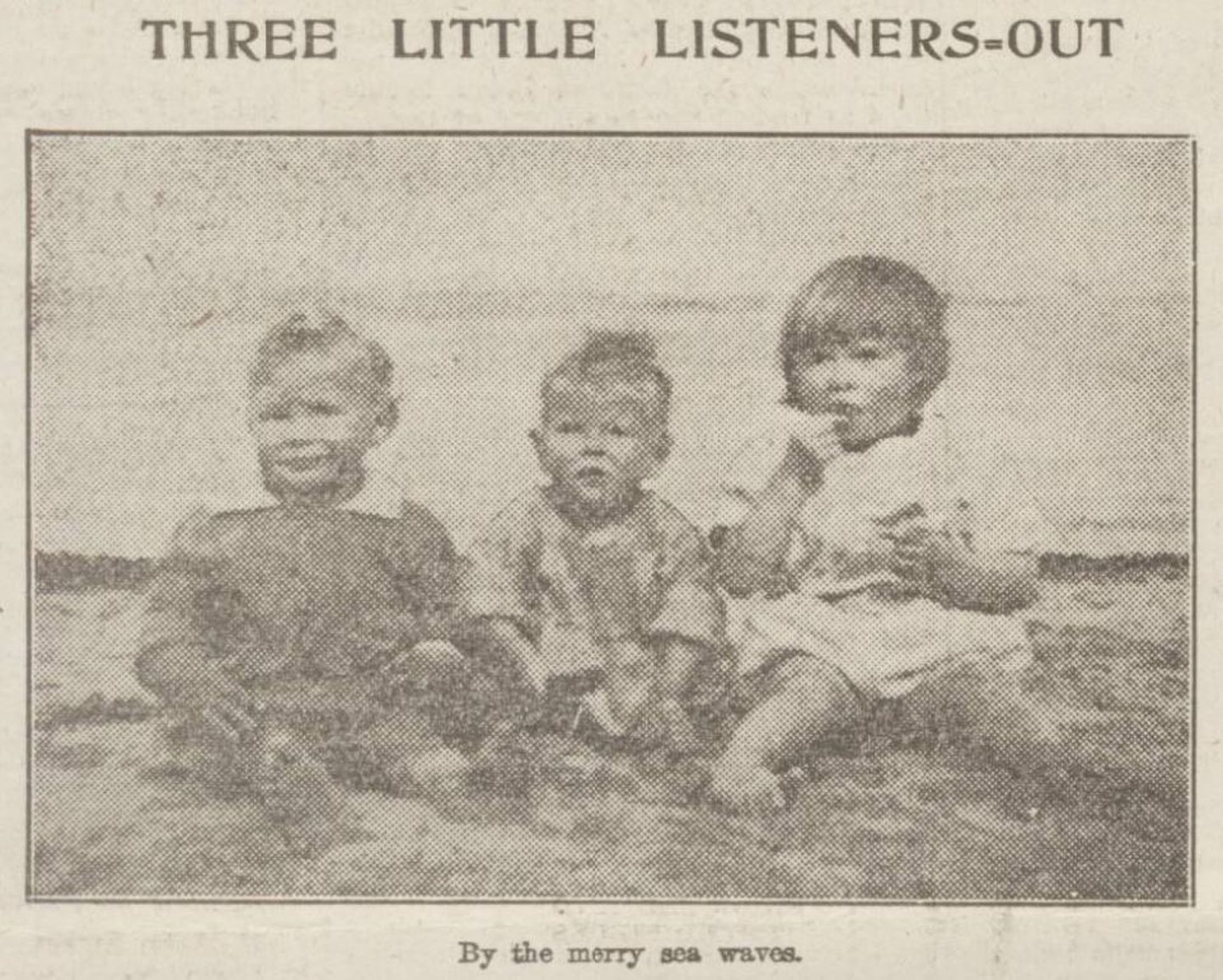
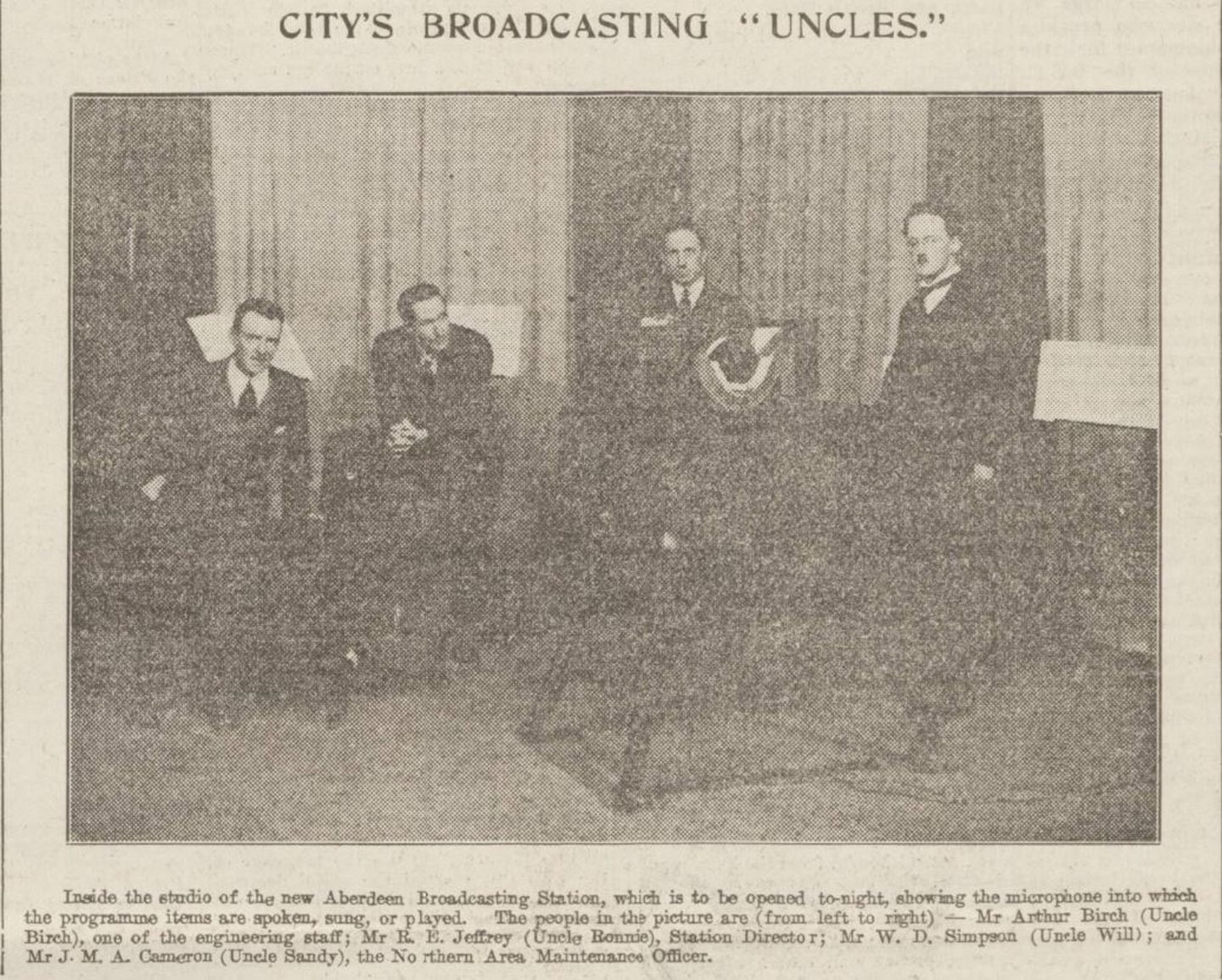
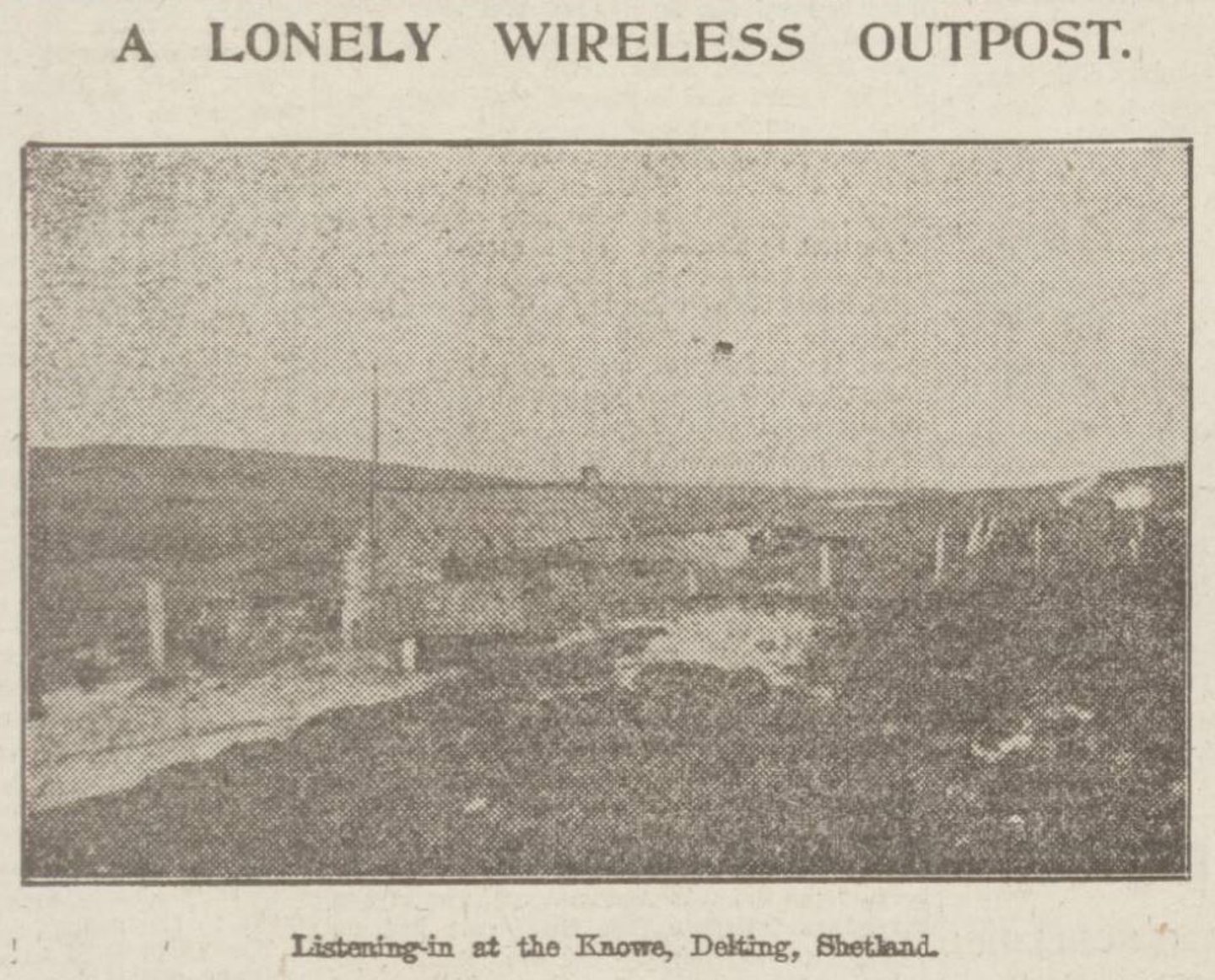
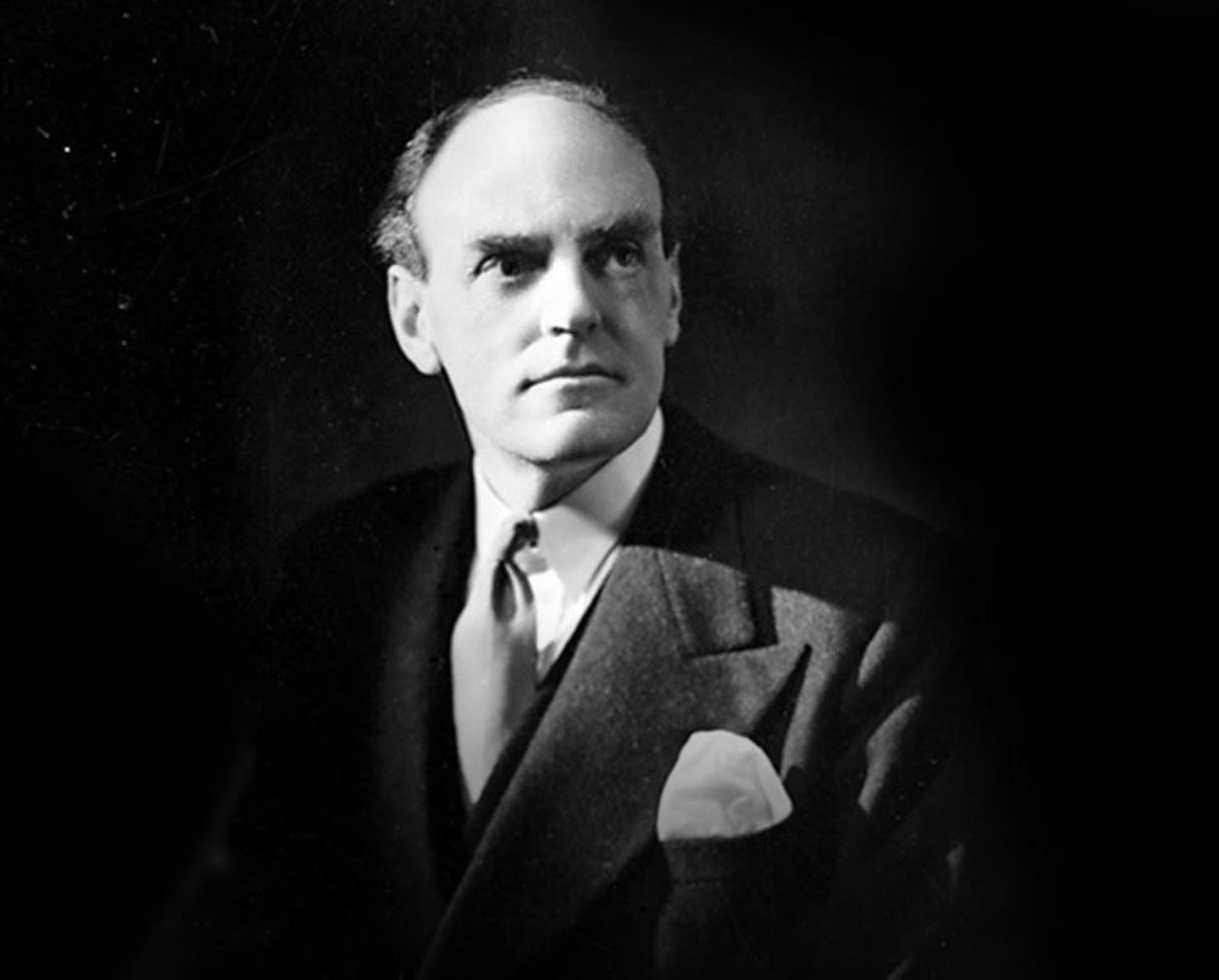
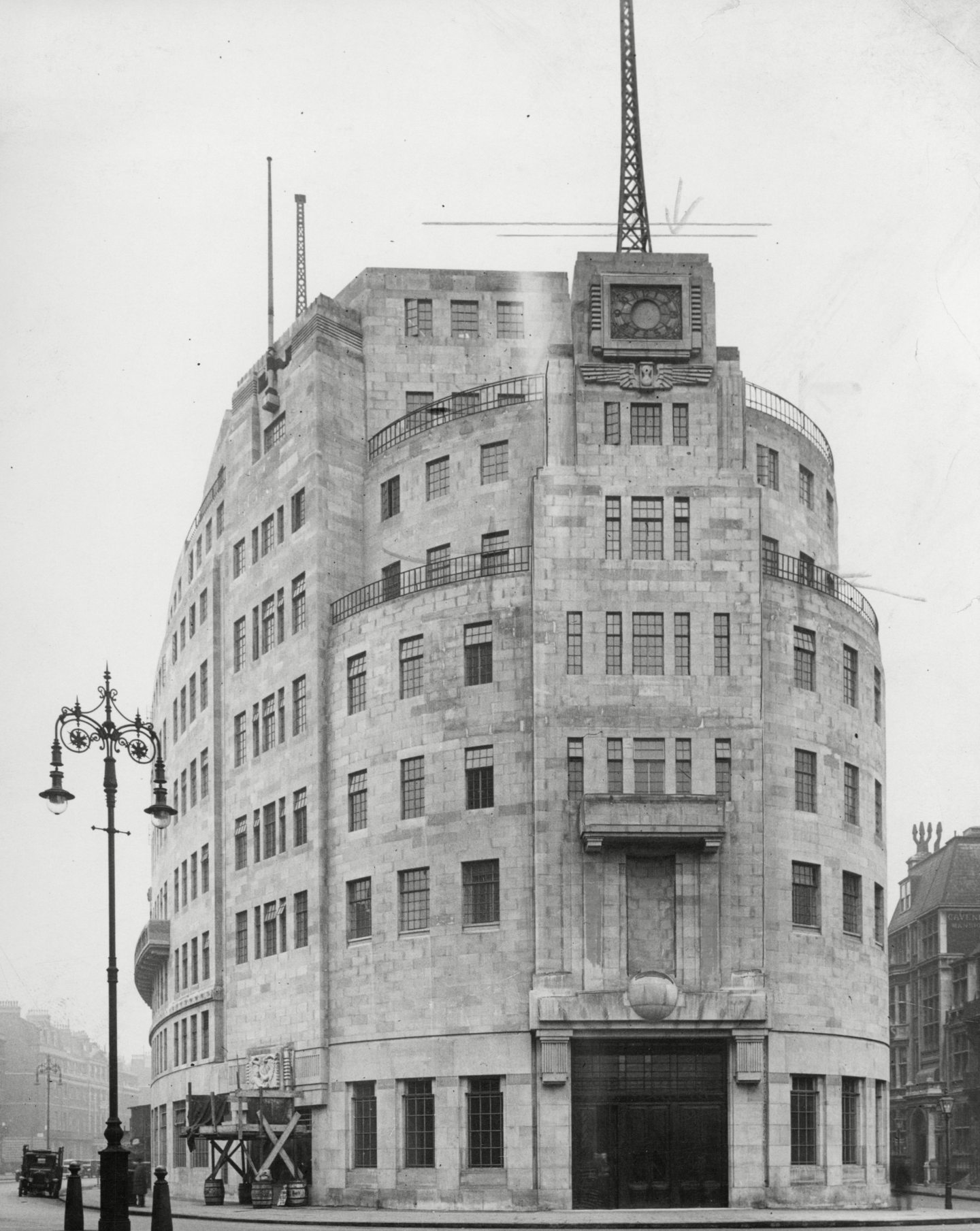
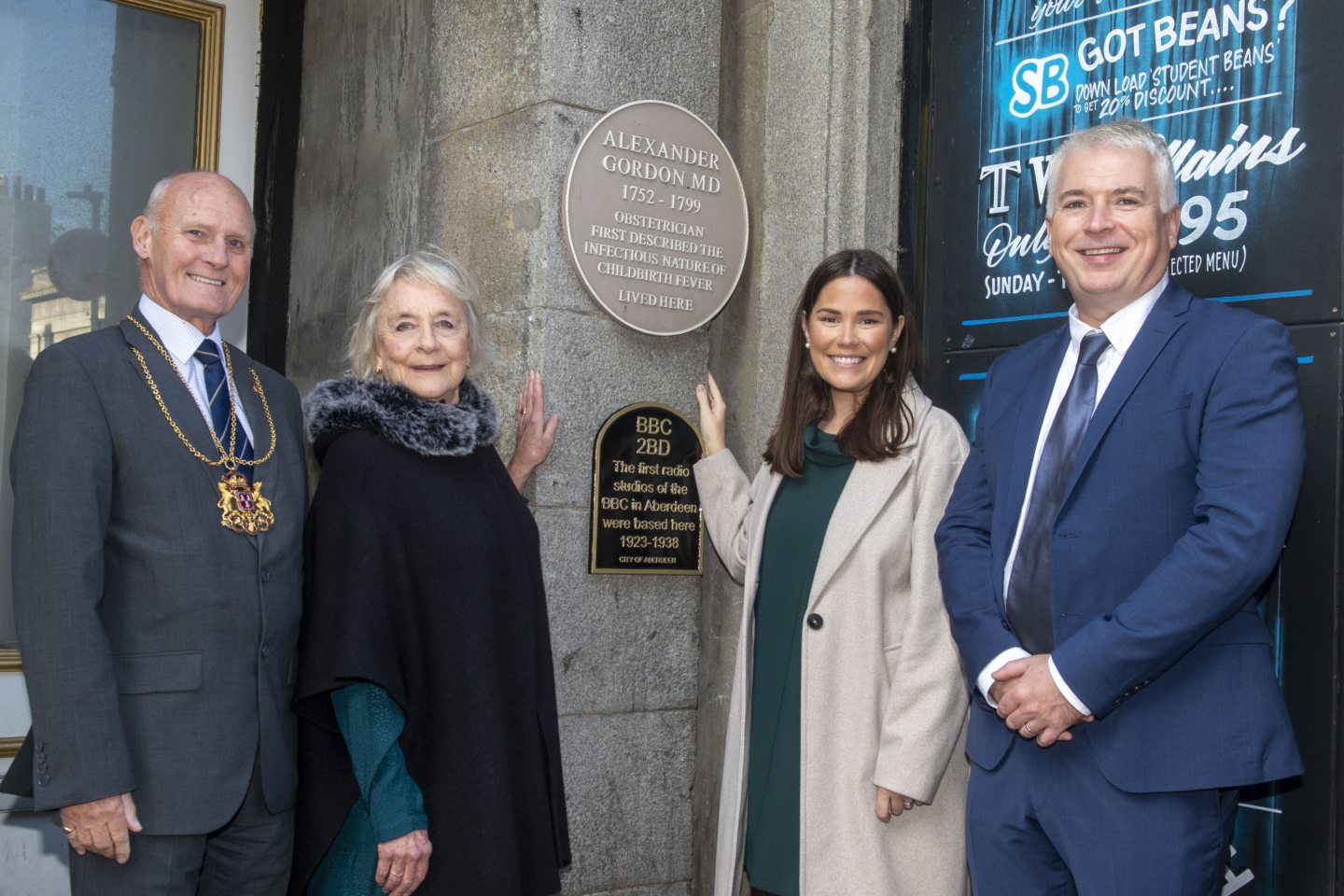
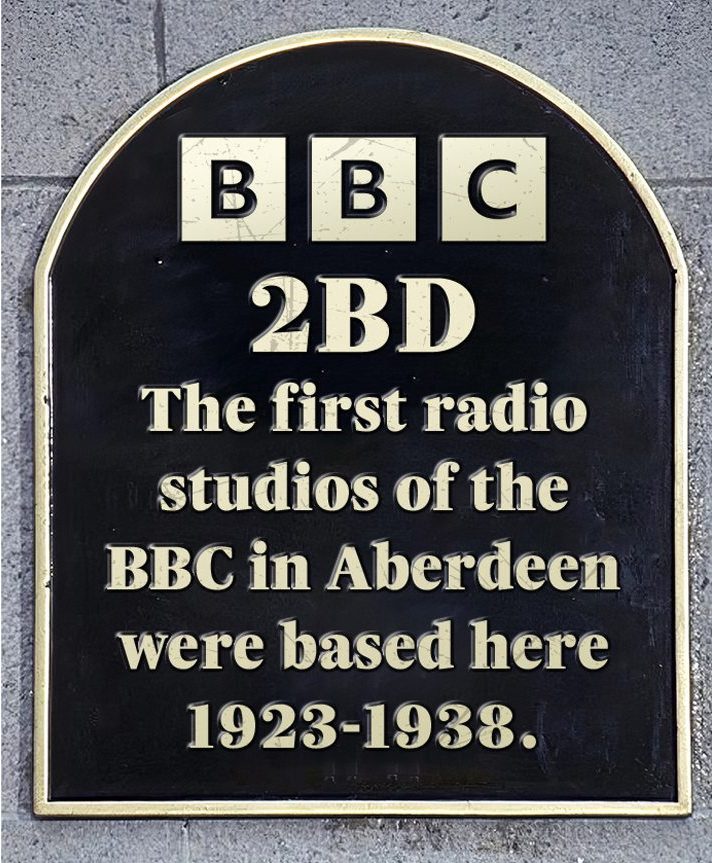
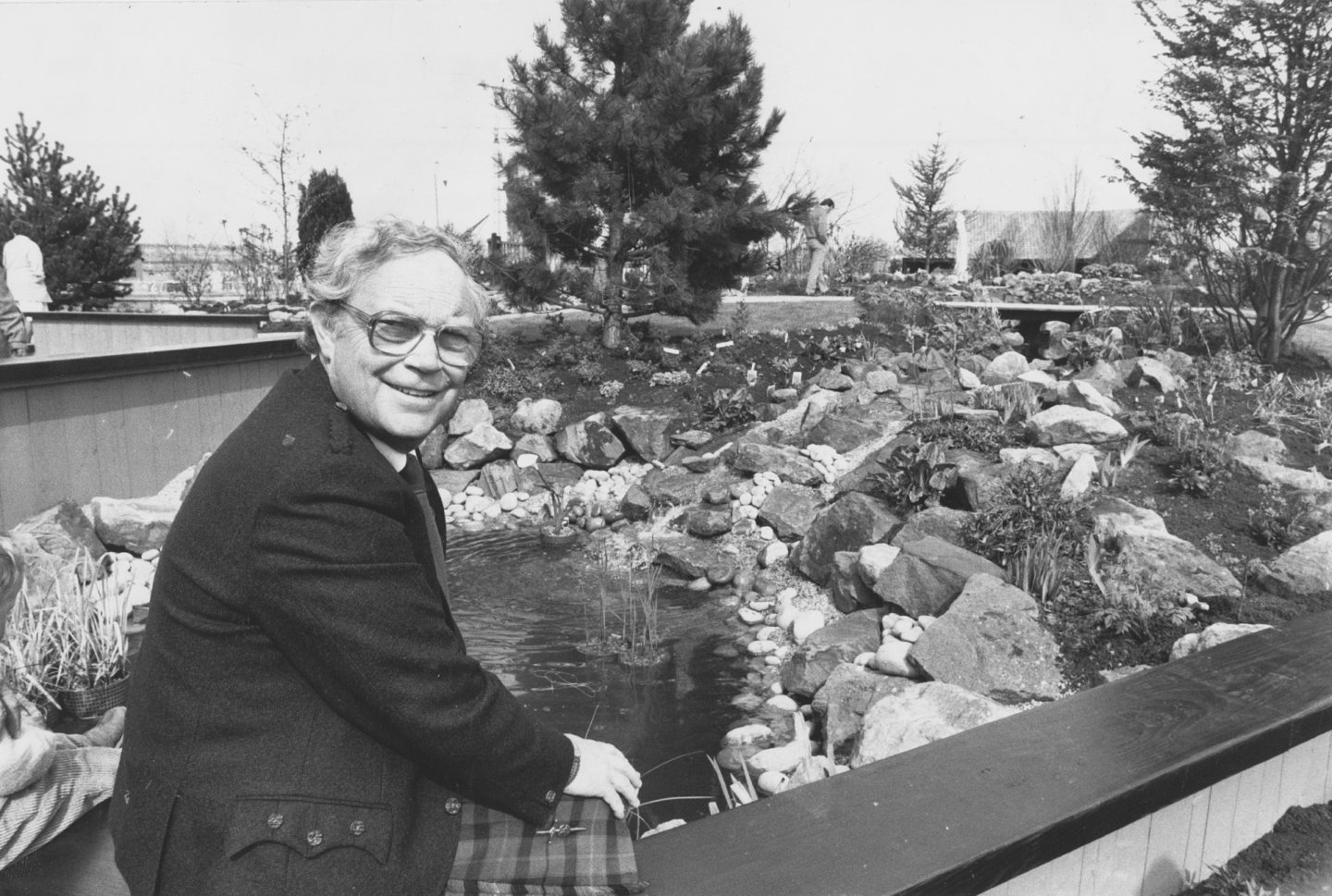
Conversation